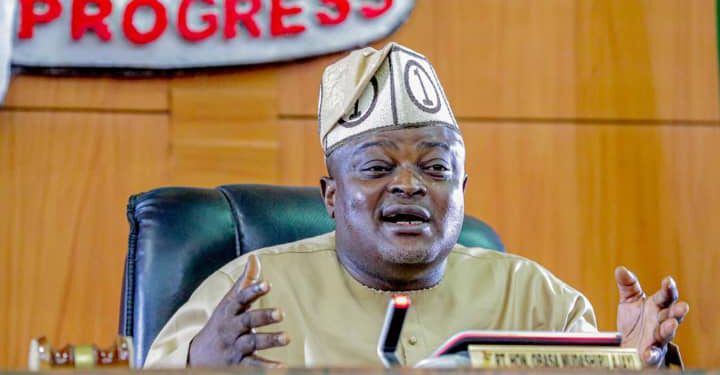Lagos Lawmakers during plenary have read for the second time “A proposal for a Bill for a Law to provide for the Rights and Entitlements of Victims and Protection of witnesses and for other Connected Purposes”.
The memorandum of the Bill seeks Mr. Governor’s approval to present the Lagos State victims assistance and witness protection Bill, 2020 for the consideration and approval of the State Executive Council and transmission of same to the State House of Assembly as an Executive Bill for enactment into Law.
Giving the breakdown of the Bill, Hon. Victor Akande stated that the Bill which has 86 sections seeks to address the inadequacies in the administration of Criminal Justice by providing assistance or compensation for victims who have no other form of compensation from any Insurance Policy or any other existing scheme while also providing protection for witnesses under possible threat to life, harm or loss of property.
The present reality is that witnesses, for fear of harm to themselves, members of their immediate family or their properties, often refuse to testify against the defendants during prosecution, this is a setback for the criminal justice system.
In his contribution, Hon. Sanai Agunbiade, noted that “ The Bill is very responsive owing to the fact that the victims most times are left empty handed and that is why we have been clamouring that if there is justice for the society, there must be justice for the victims
“In the administration of Criminal Law, there is restitution and there is compensation but it is not so effective because the procedure for achieving that is not laid down.”
Hon. Setonji David added that the Bill will support and encourage the Fundamentals of Human Right by protecting the victims and providing assistance to the witness by looking into the issues of kidnaping, abduction and victimisation. Also, Members of the Board created must be subjected to the approval of the House of Assembly.
The Speaker, Mudashiru Obasa in his remarks, stated that the Bill has come to aid the administration of criminal justice in the State.
According to him, “most times criminals get away with crimes because no one is willing to testify but this Bill has come to give assurance to witnesses that such person will get support from the government and there will be protection that such person can come out to give evidence.
“The Bill has come to patch up in a way that anyone that suffers victimisation will be well compensated.”
Obasa, therefore, committed the Bill to the House Committee on Judiciary, Human Rights, Public Petition and LASIEC to report its findings to the House in two weeks.














